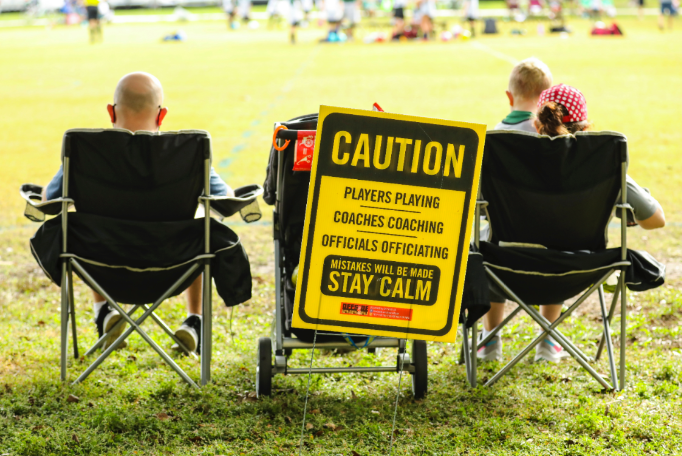1 min read
Getting Help With Malpractice Claims And Bar Grievances
What Not To Do When the Fan Starts Slinging What Just Hit It: Part I of IV Introduction Over the past several weeks, we have had the privilege of...
4 min read
 Douglas V. Chandler
:
Updated on October 17, 2023 | Posted on August 17, 2023
Douglas V. Chandler
:
Updated on October 17, 2023 | Posted on August 17, 2023

Since publishing Part I of this series, several new clients contacted us after being shocked and insulted to learn that a disciplinary proceeding had been initiated against them by someone filing a grievance with the State Bar. Anyone, yes anyone, can file a grievance against an attorney. We have seen grievances filed by our lawyer-client’s current clients, former clients, opposing counsel, vendors, medical providers, and even judges. In some jurisdictions, the Bar’s rules even allow the Bar to initiate the disciplinary process on its own grievance.
Considering Abraham Lincoln’s famous quote, “he who represents himself has a fool for a client,” you do not want to be the fool. We have seen that mantra play out time again when lawyers contact us to defend them after they have already filed their own initial response. Just like you tell your clients every day, you need an advocate in the disciplinary process – someone else responding objectively on your behalf who is familiar with the disciplinary rules and the process. Your advocate may be a peer who can offer neutral advice or someone with specific experience in these matters along with established Bar relationships. It is also easier and more productive for the Bar to communicate with defense counsel rather than the accused defensive respondent attorney.
Considering the above, you have now decided to retain counsel. Once that decision is made the search begins for a lawyer who handles disciplinary matters. Once you have identified a lawyer with such experience, you need to review your lawyer’s professional liability (“LPL”) policy to determine whether the policy provides for disciplinary coverage. Many LPL policies provide disciplinary coverage. Additionally, most LPL policies allow you to provide input to your defense lawyer, and there is no deductible required under most policies.
Once coverage is triggered and disciplinary defense counsel is retained, most accused attorneys ask themselves what motivated the filing of the grievance. As attorneys we have certainly made mistakes—we are human. However, sometimes mistakes are not made but grievances are still filed with the Bar. Indeed, grievances can be filed by anyone, not just a client or former client, and the Bar can initiate a grievance on its own. Analyzing and understanding why grievances are filed can help us avoid them. If we understand the types of acts or errors most commonly complained of, we can then put procedures in place to help prevent certain situations from occurring in our practice. Through the years I have talked with members of the Office of General Counsel staff who monitor grievance communications, and have also drawn upon my own experience defending attorneys facing grievances to create a partial list of situations that motivate the filing of grievances. Some of these situations may seem humorous, but all must be taken seriously as they can have a major impact on your reputation and be a serious disruption to your law practice. Moreover, these situations can often points us to ways we can improve our practice procedures and better manage and reduce risk.
Some reasons expressed in grievances which indicate the cause of the filing of grievances include:
Once you are finished chuckling and asking yourself whether things like these really happen, think back to your own unique experiences. As the saying goes, perception is reality and perception is what sometimes guides client decisions. Have you or someone in your firm acted in a similar fashion at one point in time? Could a client have misperceived your actions? You probably provided an explanation to the client, corrected the problem, improved a relationship, or even disengaged from the client. Imagine if you had instead received a grievance!
Now knowing some of the circumstances which cause the filing of grievances, you can review your firm’s processes and improve them so that clients will not even perceive that unethical activities are occurring. In particular, think about ways you can improve communication, better document client procedures and decisions, promptly return client files, and regularly train your staff to help prevent problems and client misperception.

1 min read
What Not To Do When the Fan Starts Slinging What Just Hit It: Part I of IV Introduction Over the past several weeks, we have had the privilege of...

Spare Yourself Headaches In Your Law Practice by Following these Helpful Communication Tips: Hard to believe that around this time 20 years ago I...

1 min read
What is an ethics grievance? An ethics grievance/ bar complaint/ ethics inquiry are all interchangeable words for a complaint made against an...